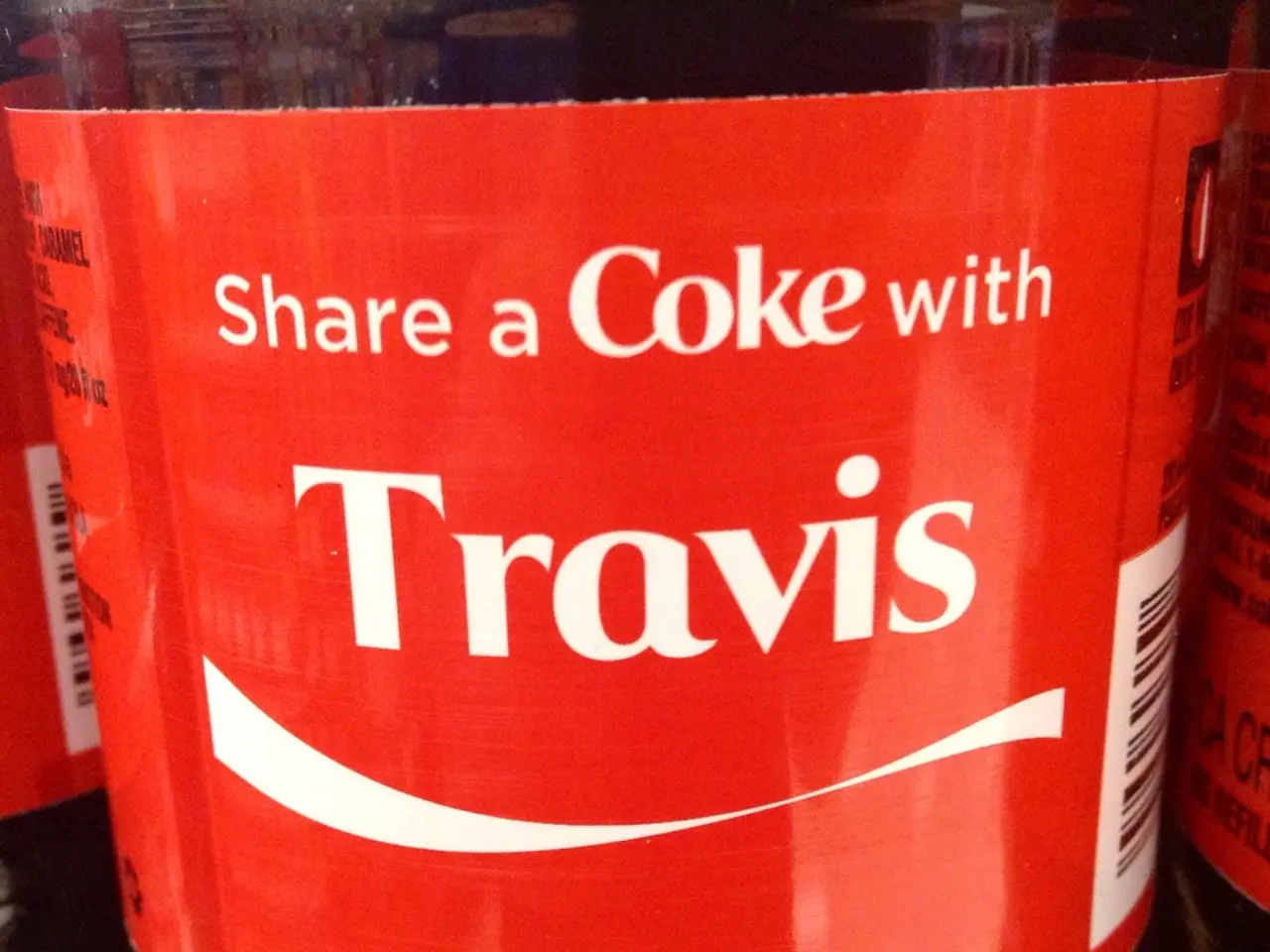Australia Revokes Kanye West's Visa Due to Controversial "Heil Hitler" Lyric
In a significant move, Australia has revoked the visitor visa of American rapper Kanye West, also known as Ye, due to his promotion of Nazi ideology. Home Affairs Minister Tony Burke announced the decision on July 2, 2025, citing the Migration Act, which allows authorities to refuse or cancel visas on moral or social grounds.
The revocation follows the release of Ye's song "Heil Hitler," which praises Adolf Hitler and contains antisemitic lyrics. The song has been banned from platforms like Spotify, Apple Music, and YouTube. The decision comes in the wake of global backlash against Ye's antisemitic rhetoric and follows a series of public statements from the artist expressing admiration for Hitler and identifying as a Nazi.
Minister Burke stated that those promoting hate speech, whether antisemitic or Islamophobic, "are not welcome" in Australia. The visa revocation, he said, sends a strong message that Australian immigration law prioritizes community safety over celebrity status. Cultural ties, such as Ye's marriage to Melbourne native Bianca Censori, do not override national standards in Australia.
Ye's history includes account suspensions on platforms like X and watershed controversies eroding his reputation and triggering severed brand partnerships. The artist continues to face global platform takedowns and social ostracism. Critics, including the Executive Council of Australian Jewry, praised the move, noting the material caused "immeasurable harm."
While there are no globally uniform regulations for visa revocation specifically due to the promotion of Nazi ideology or antisemitic content, many countries have their own laws and guidelines that allow them to deny or revoke visas based on moral or social grounds, including hate speech and promotion of extremist ideologies.
For instance, Germany has laws that prohibit the promotion of Nazi ideology, but specific regulations regarding visa revocation for such reasons are not widely documented. The U.S. has laws against hate speech, but they do not directly address visa revocation for promoting Nazi ideology.
Common practices among countries include character requirements for visa applicants, considerations of public safety and security, and international cooperation to combat hate speech and extremist ideologies. This cooperation can lead to shared information and coordinated actions, such as visa denials, against individuals promoting such ideologies.
Australia's firm stance against Ye's Nazi-themed content underscores its commitment to curbing ideologically driven hate, sending a global signal that extremist propaganda will not be tolerated, regardless of fame. The incident amplifies the broader cultural reckoning with hate speech and its place in public discourse.
- Given the global backlash against Kanye West's antisemitic rhetoric and Nazi sympathizing, the revocation of his Australian visitor visa marks a significant stand against the promotion of hate speech and extremist ideologies.
- As ministries worldwide grapple with balancing celebrity status and community safety, Australia's decision to revoke West's visa due to his Nazi-themed content emphasizes the importance of upholding national standards in the face of pop-culture figures.
- As various countries develop their own regulations for addressing individuals promoting Nazi ideology or antisemitic content, Australia's strict actions offer a model for preserving general-news and entertainment landscapes free from hate speech and extremist views, maintaining a safe and socially responsible environment.







